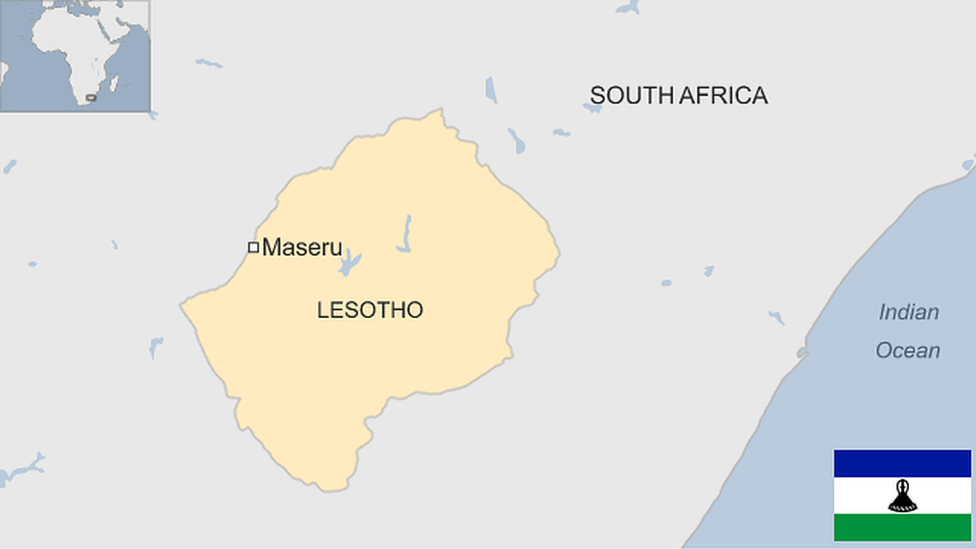Lesotho election: The battle to run the 'kingdom in the sky'
- Published
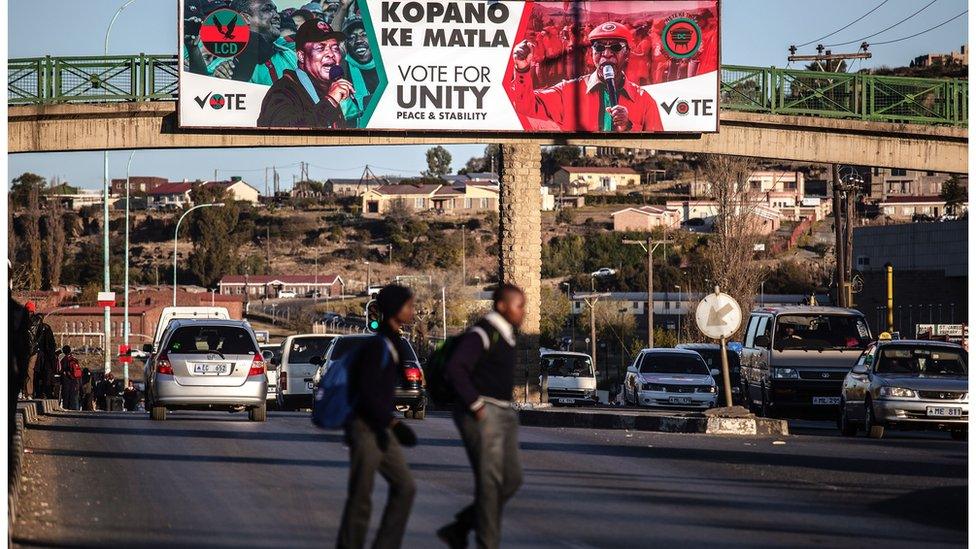
Recent elections have failed to return a clear winner
For the third time in three years, voters in Lesotho are electing a new government.
The snap poll was called for 3 June after Prime Minister Pakalitha Mosisili lost a confidence motion in parliament in March.
For the past five years, Mr Mosisili has been locked in a power struggle with his bitter rival Tom Thabane.
And the country's political landscape has proved just as uneven as the famously mountainous terrain of the country known as the "kingdom in the sky".
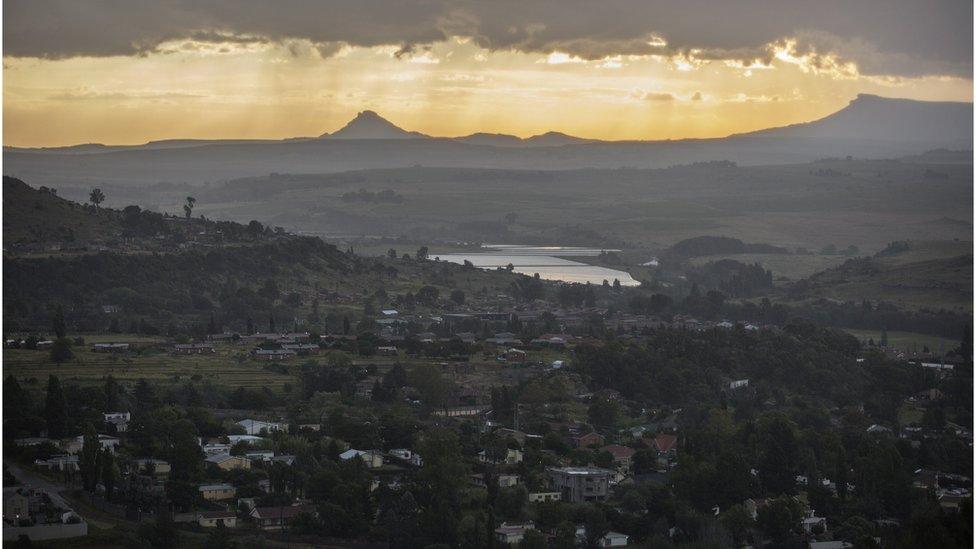
Lesotho at a glance
Lesotho is an enclave completely surrounded by South Africa and the economy is heavily dependent on remittances from its only neighbour.
It is one of three constitutional monarchies in Africa, although executive power is exercised by the government, led by the prime minister.
More than two-thirds of the country is covered by mountainous terrain, with many areas accessible only by horseback or light aircraft. This makes elections difficult to arrange and administer.
Elections in 2012 and 2015 produced no clear winner, prompting the formation of sprawling coalition governments, both of which collapsed.
So why another election?
Mr Mosisili and Mr Thabane are political veterans, both in their 70s.
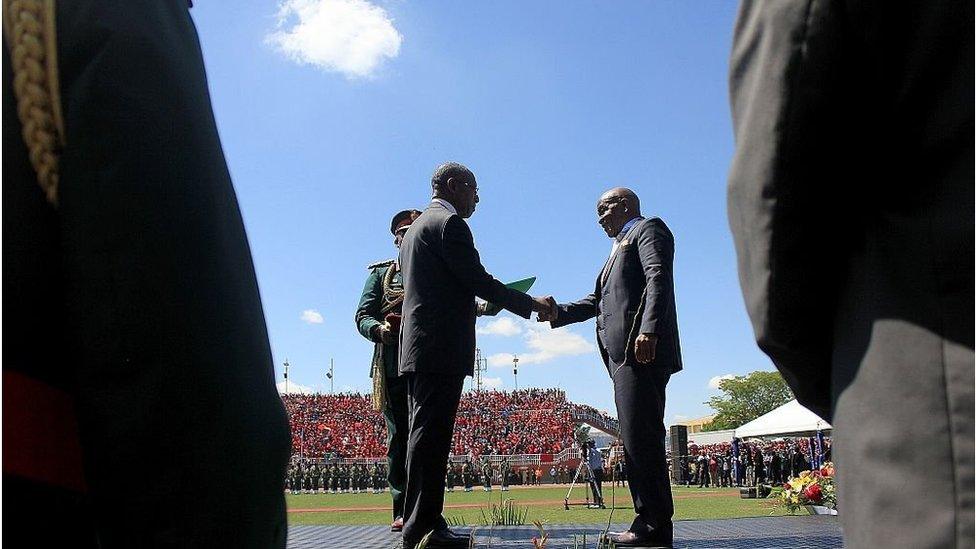
The two men at the forefront of Lesotho's recent political history
Incumbent Prime Minister Mosisili came out on top in a tight contest in February 2015, and governed as the head of a seven-party coalition.
He overturned an alliance led by Mr Thabane which consisted of no less than 12 political parties.
In late 2016, Mr Mosisili fell out with his deputy Monyane Moleleki, who later left the ruling Democratic Congress (DC) and joined the opposition coalition, depriving the prime minister of his majority.
But Mr Mosisili refused to step down and instead advised King Letsie III to call a fresh election.
Who will win?
The DC party has entered into an election pact with two other parties; the Lesotho Congress for Democracy (LCD) and the Popular Front for Democracy (PFD).
They face a loose four-party alliance led by Mr Thabane's All Basotho Convention (ABC).
The opposition coalition has been beset by infighting in the lead-up to the poll.
In contrast, Mr Mosisili's alliance has remained steadfast, choosing to field only one candidate per constituency.
However, Mr Mosisili draws most of his support from remote rural areas, and the winter weather may prevent them from reaching polling centres.
Will the army intervene?
Lesotho has a history of political instability, particularly military intervention in the political process.
In 1998, allegations of electoral fraud led to violence and a mutiny among some troops, which prompted military intervention from the Southern African Development Community (SADC).
As tensions died down, the country enjoyed a period of relative stability for several years.
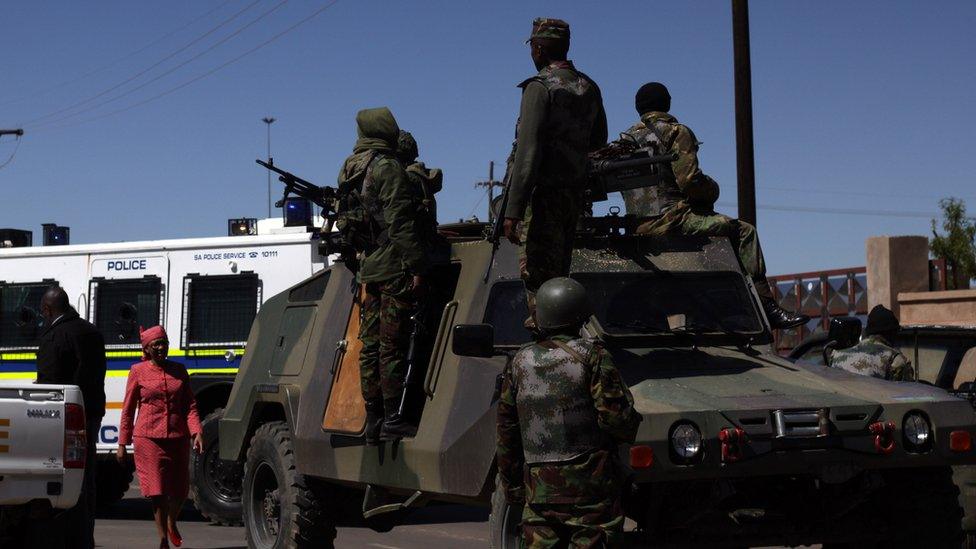
The army is never far away from politics in Lesotho.
But tensions arose again in June 2014, when then Prime Minister Thabane suspended parliament for nine months to scupper a confidence vote that is likely to have seen him removed from office.
The struggle between Mr Thabane and Mr Mosisili has also played out in the higher echelons of the military, with both men appointing allies to run the Lesotho Defence Forces (LDF).
The Lesotho Times recently reported that the army had asked the commissioner of lands to make 22 areas available to the army to be "used for the foreseeable security threat and security purposes".
The LDF has denied that it is planning to intervene if the incumbent government is not returned.
BBC Monitoring reports and analyses news from TV, radio, web and print media around the world. You can follow BBC Monitoring on Twitter , external.
- Published11 November 2016
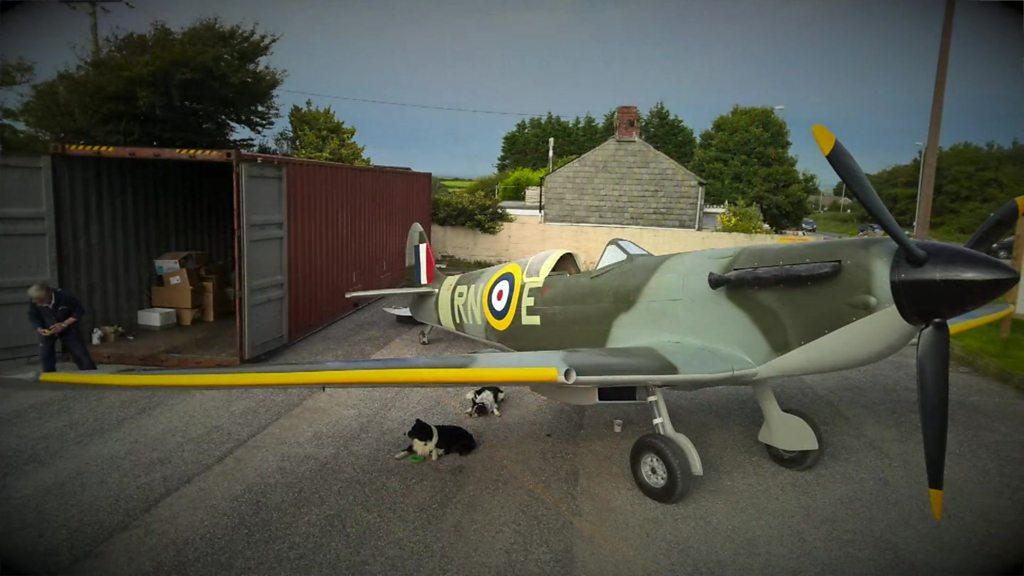
- Published24 July 2023
